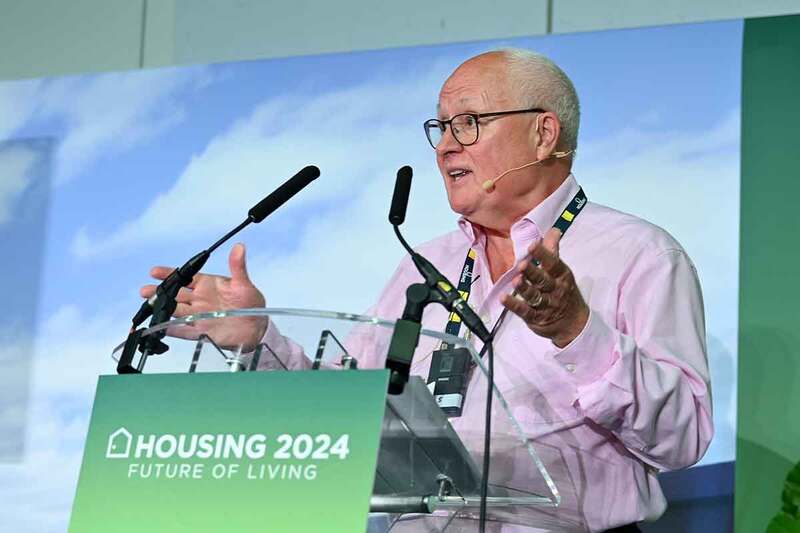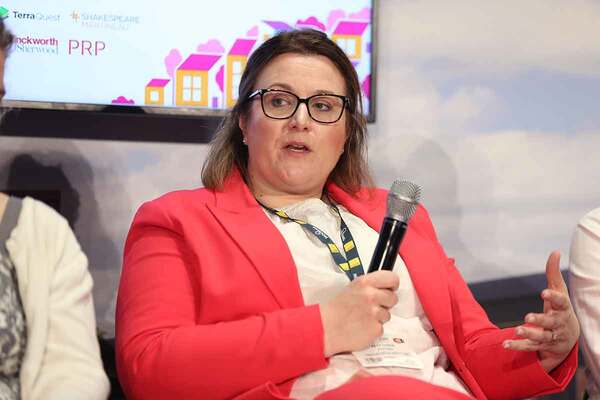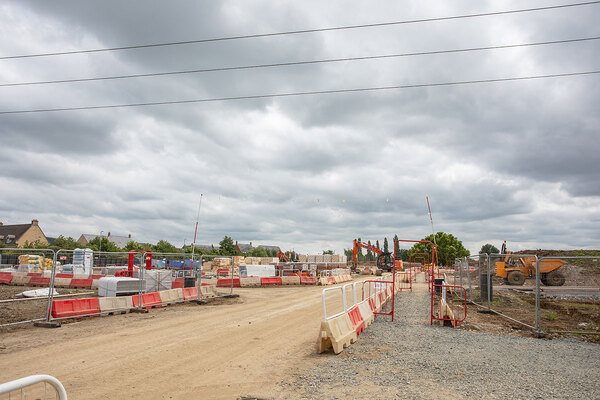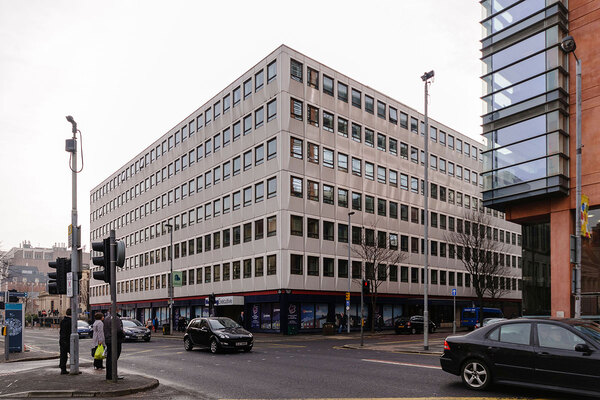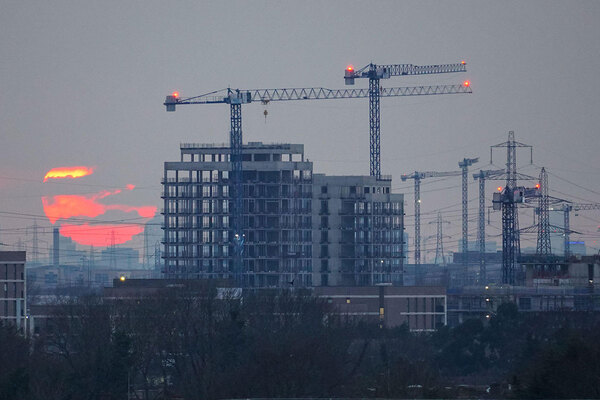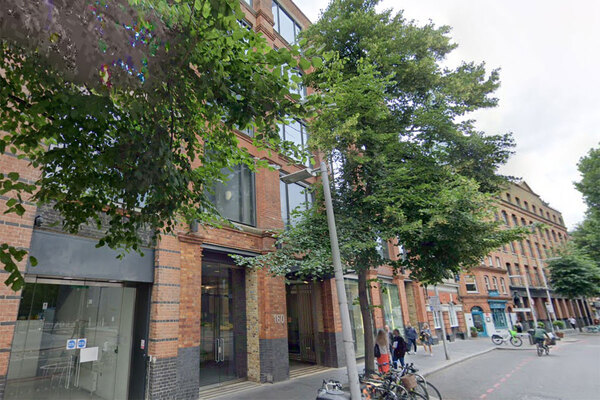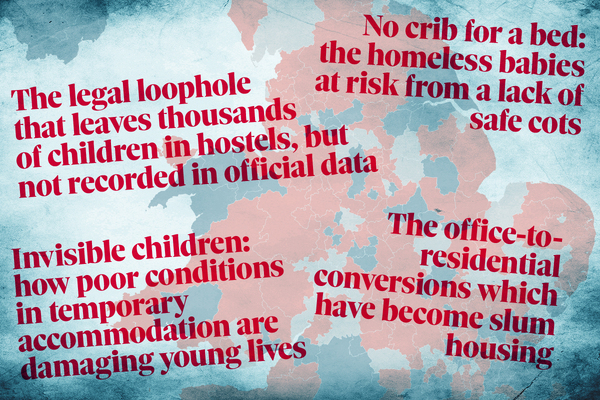Housing 2024: Failure to build enough homes has betrayed a generation, Sir Michael Lyons says
The UK’s failure to build enough housing has left a generation “betrayed”, Sir Michael Lyons has said, speaking a decade after the publication of his review of the sector.
Addressing the Housing 2024 conference in Manchester on day two of the event, Sir Michael, currently chair of the English Cities Fund, said that the housing crisis is as “critical” today as it was 10 years ago.
“We know that when people are unable to access safe, secure homes it can have terrible consequences for them and our whole society,” he said.
“Growing up in unstable and inadequate housing conditions will impact children’s health and educational attainment.”
Sir Michael added that his foreword for the review, which highlighted how just half the number of homes needed are built each year, could have been written today.
“Very worryingly, so many indicators show that the situation today is steadily worsening,” he said.
The Lyons Review called for the government after the 2015 general election to “establish homebuilding as a clear priority”, and proposed a series of local and national recommendations, with the ultimate goal of seeing annual net growth of homes reach 200,000 homes by 2020.
“Could a new Labour government bring a sea change? I’d like to hope so,” he said. “But like many others, I’ve been disappointed that neither increasing homebuilding nor pledging to build more social homes figured amongst Sir Keir Starmer’s highest priorities.”
Sir Keir set out his vision for the sector in Inside Housing this week.
At the conference, Sir Michael also flagged the growth of the build-to-rent sector and the influx of institutional investment, saying that it had generated “real momentum, with new players and new mechanisms for getting us building”.
But the “complete abandonment” over the status of local housing targets has been “a big step backwards”, he said.
Elsewhere on the panel, Mark Allnutt, executive director for Europe at real estate developer Greystar, suggested that some politicians wrongly view social housing as creating a “dependency on some sort of welfare provision or state”.
“What social housing does is create a kind of security of tenure, consistency and predictability of housing costs into the future that allows people to start creating a platform for themselves,” Mr Allnutt said.
Charlotte Neal, director of surveying practice at the Royal Institution of Chartered Surveyors, emphasised the “need to make residential development more attractive to investors”.
She added: “They need to be able to make a profit or they will not build. But equally, the process needs to be de-risked.”
Yesterday at the conference, attendees heard why housing associations have called for service charges to be capped within the planning system to encourage them to buy homes in Section 106 agreements.
A round-up of day one can be found here.
Sign up for our development and finance newsletter
Already have an account? Click here to manage your newsletters
